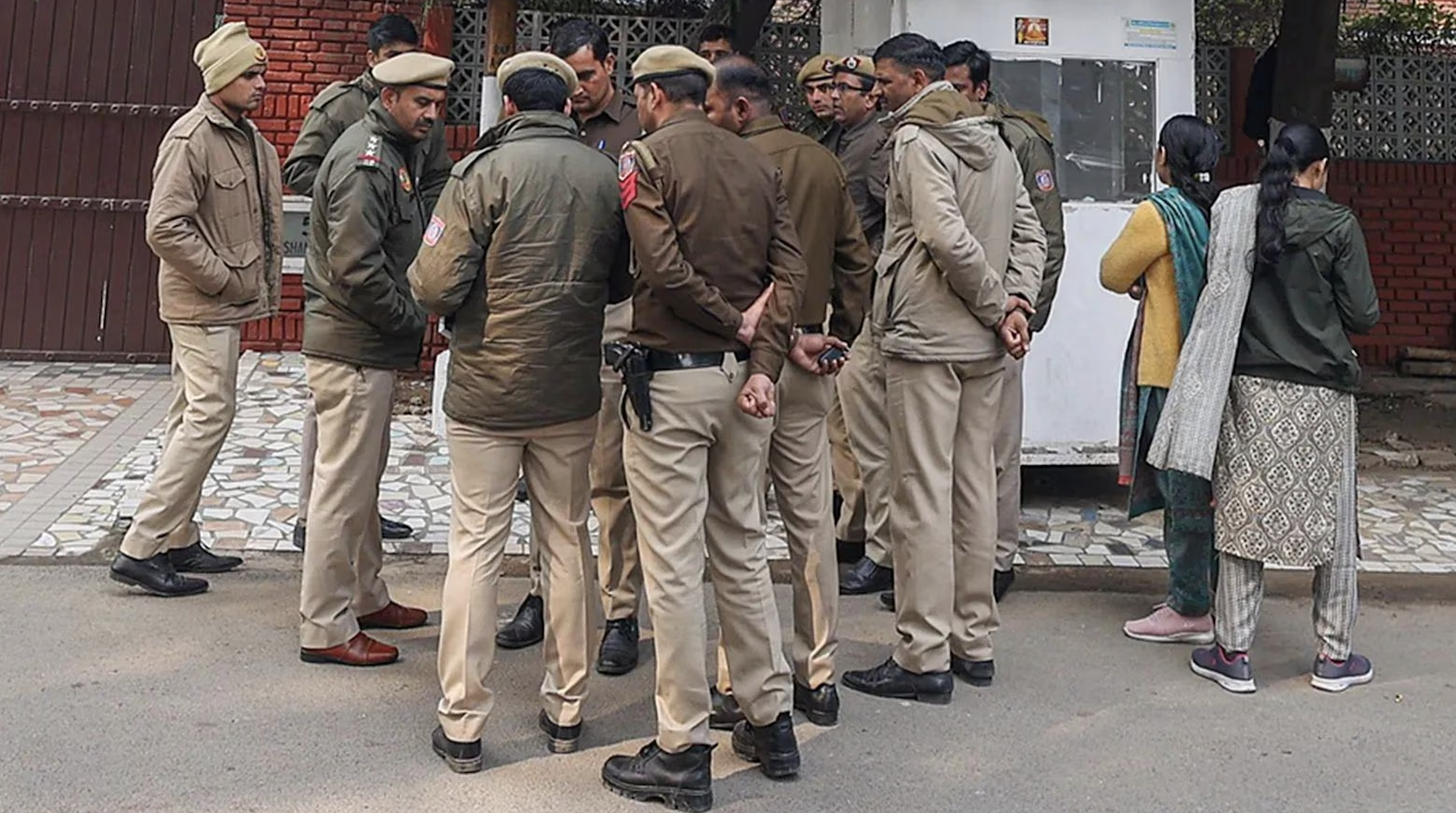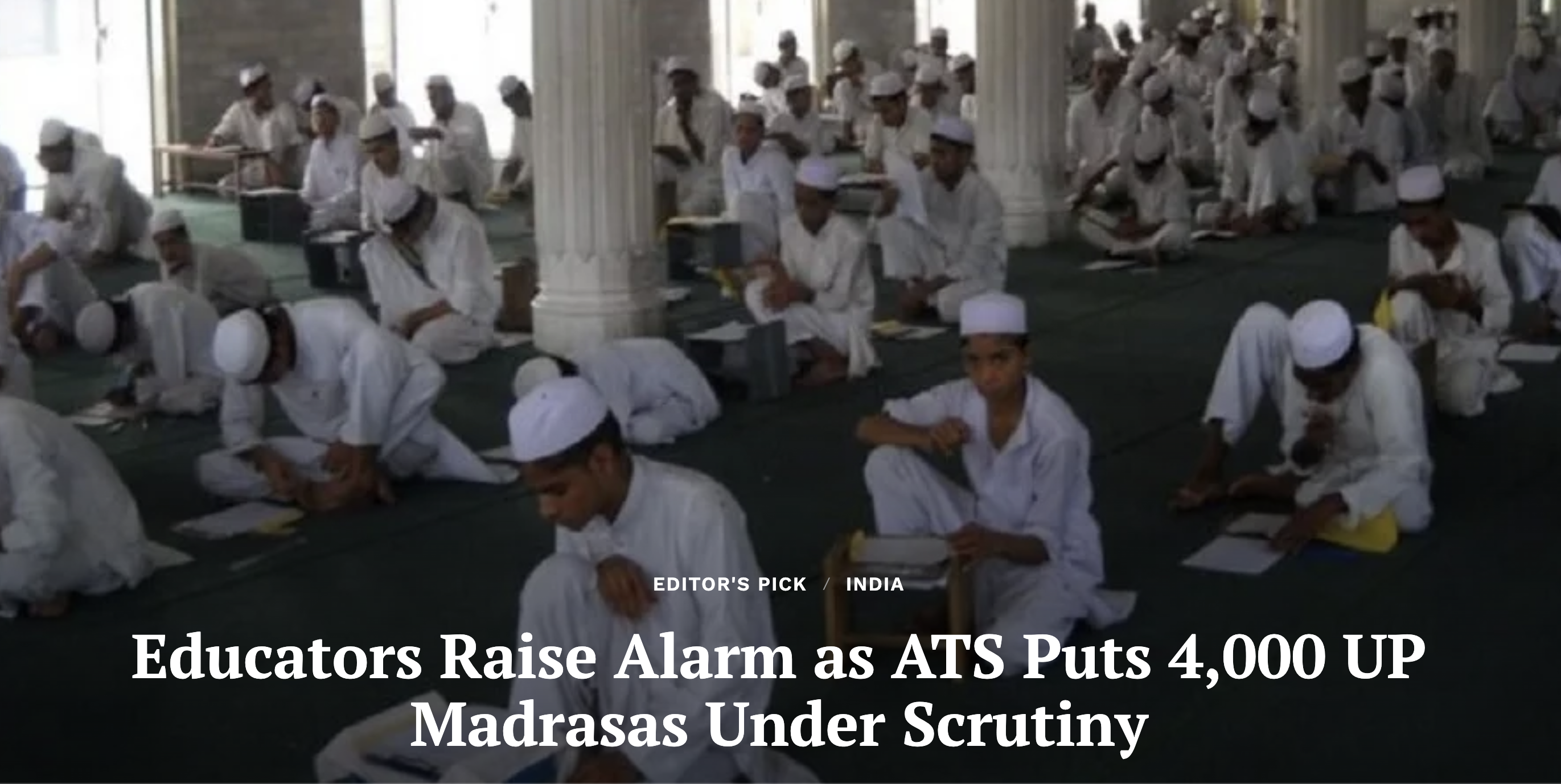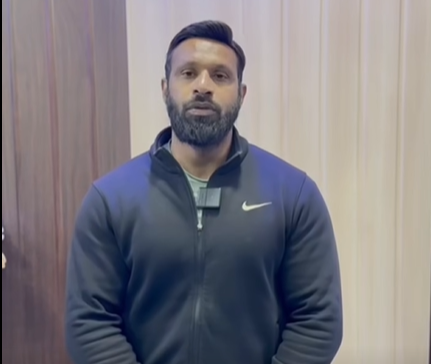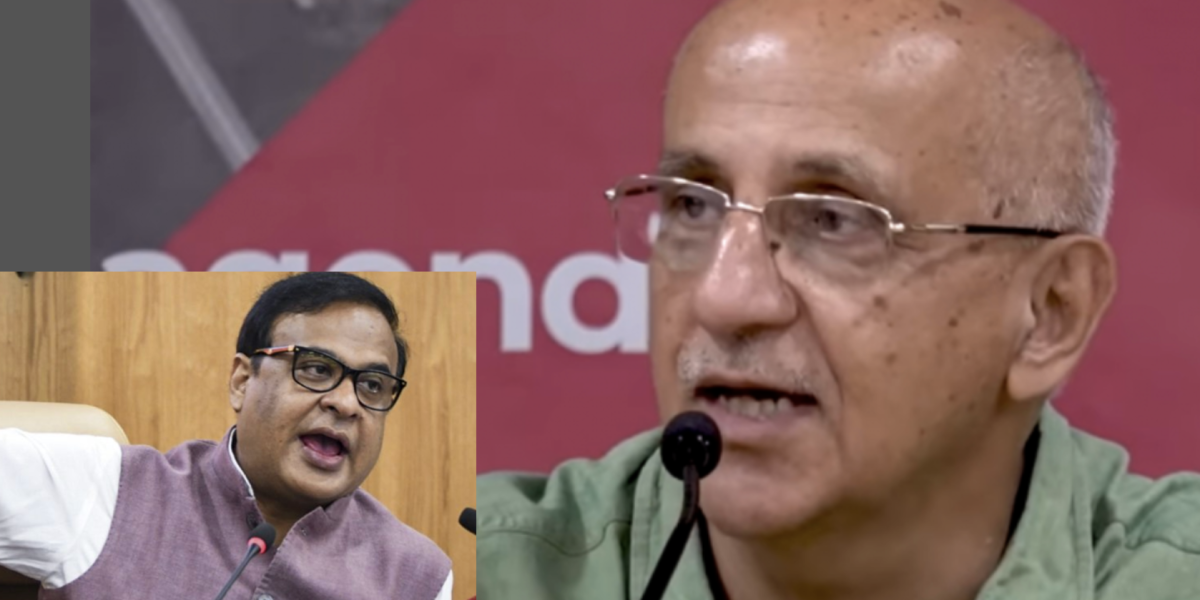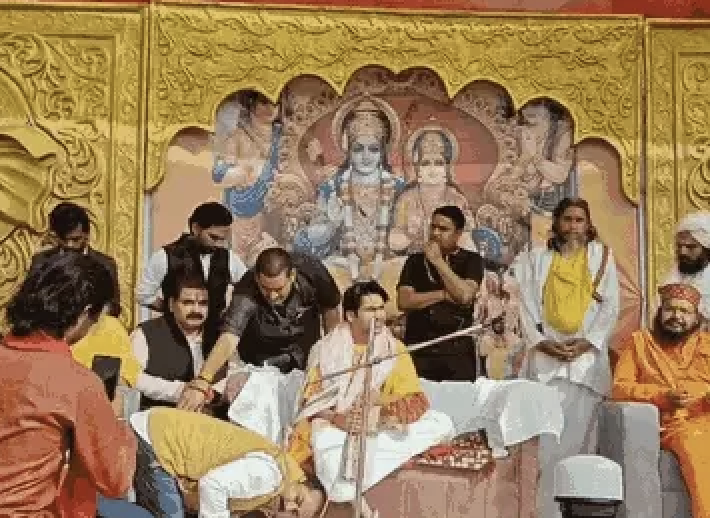
By NRI Affairs Special Correspondent
In recent years, the presence and influence of far-right movements have been the subject of increasing academic and public scrutiny. Yet, the nature of this mobilisation is often misunderstood, especially when it takes root far from its ideological heartlands.
This new study challenges the assumption that ideology is the most effective lens through which to identify and understand far-right networks. Instead, the authors propose a materialist approach: tracing funding, institutional relationships, personnel overlaps, and organisational affiliations. By doing so, they uncover a network of Hindu diaspora organisations in Australia that may not always express explicit ideological commitments, but which nonetheless play significant roles in supporting the global Hindu far-right.
“Hindutva is essentially a caste Hindusupremacist ideology with elements of religious intolerance against Muslims, Christians,Dalits, Adivasis and others.”
Challenging the Ideological Litmus Test
Traditionally, far-right mobilisations have been identified by their open adherence to authoritarianism, nativism, and xenophobia. However, in liberal multicultural societies like Australia, many such organisations mask their affiliations behind the language of harmony, diversity and cultural education to avoid scrutiny. Moreover, because of this masking, many of their members may not even be aware of these affiliations, and many may not have substantial ideological commitments to the mobilisaiton.
Using social network analysis and archival research, the authors demonstrate how seemingly benign community organisations – such as the Vishwa Hindu Parishad of Australia (VHPA), Hindu Council of Australia (HCA), and Hindu Swayamsevak Sangh (HSS Australia) – are structurally tied to the Indian Hindu nationalist network known as the Sangh Parivar, led by the Rashtriya Swayamsevak Sangh (RSS).
“Diaspora branches of the VHP carefully avoid overt displays of Hindutva. Instead theymobilise primarily through cultural, educational and service activities for Hindu chil-dren, youth and families that penetrate spaces as diverse as temples, migrant communityorganisations, ethnic media outlets and university campuses.”
Though these organisations publicly endorse multiculturalism, the researchers show that their leaders attend RSS-linked events, host ideologues associated with anti-minority rhetoric, and maintain close organisational ties with groups engaged in violence and discrimination in India.
This story was originally published in nriaffairs.com. Read the full story here.


